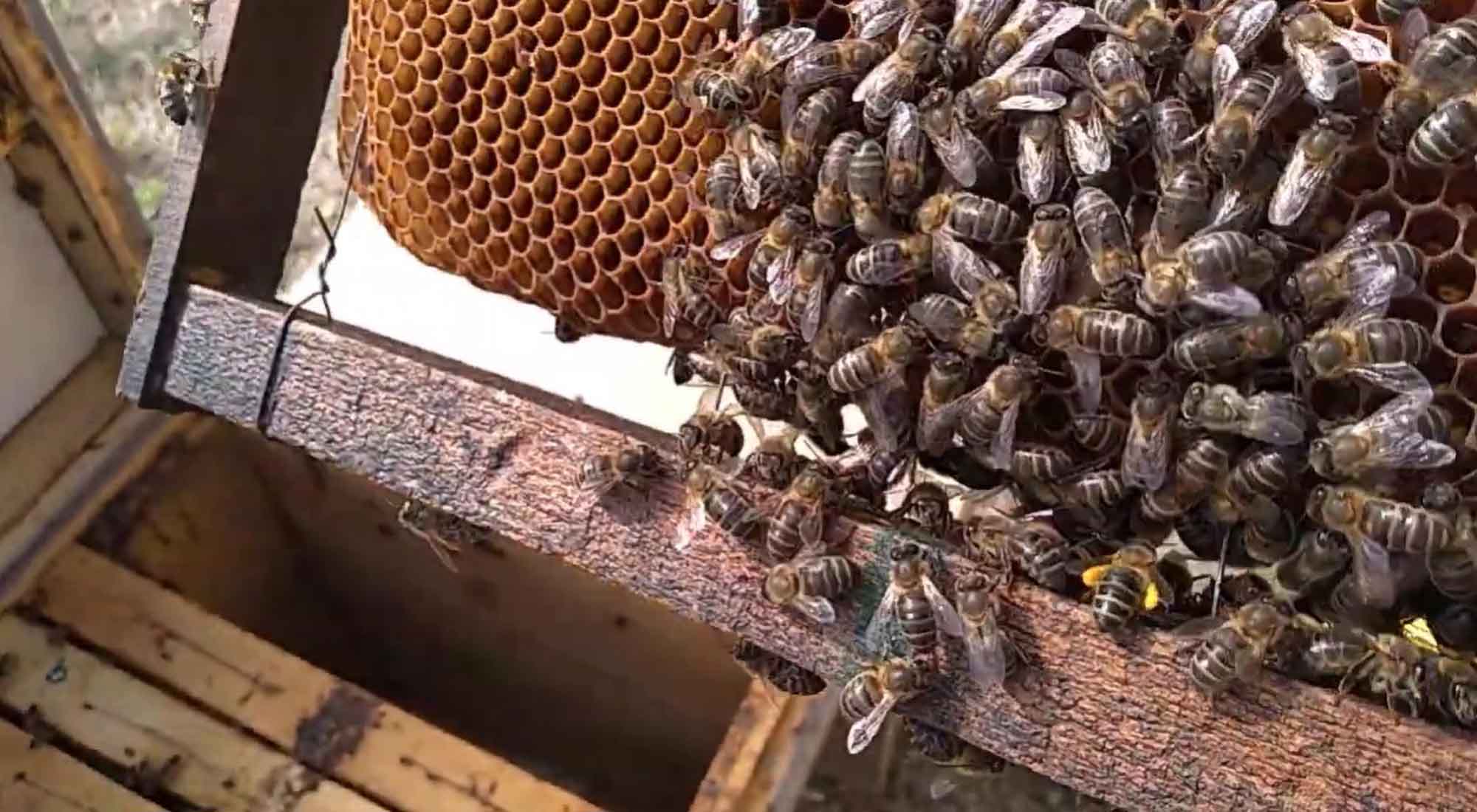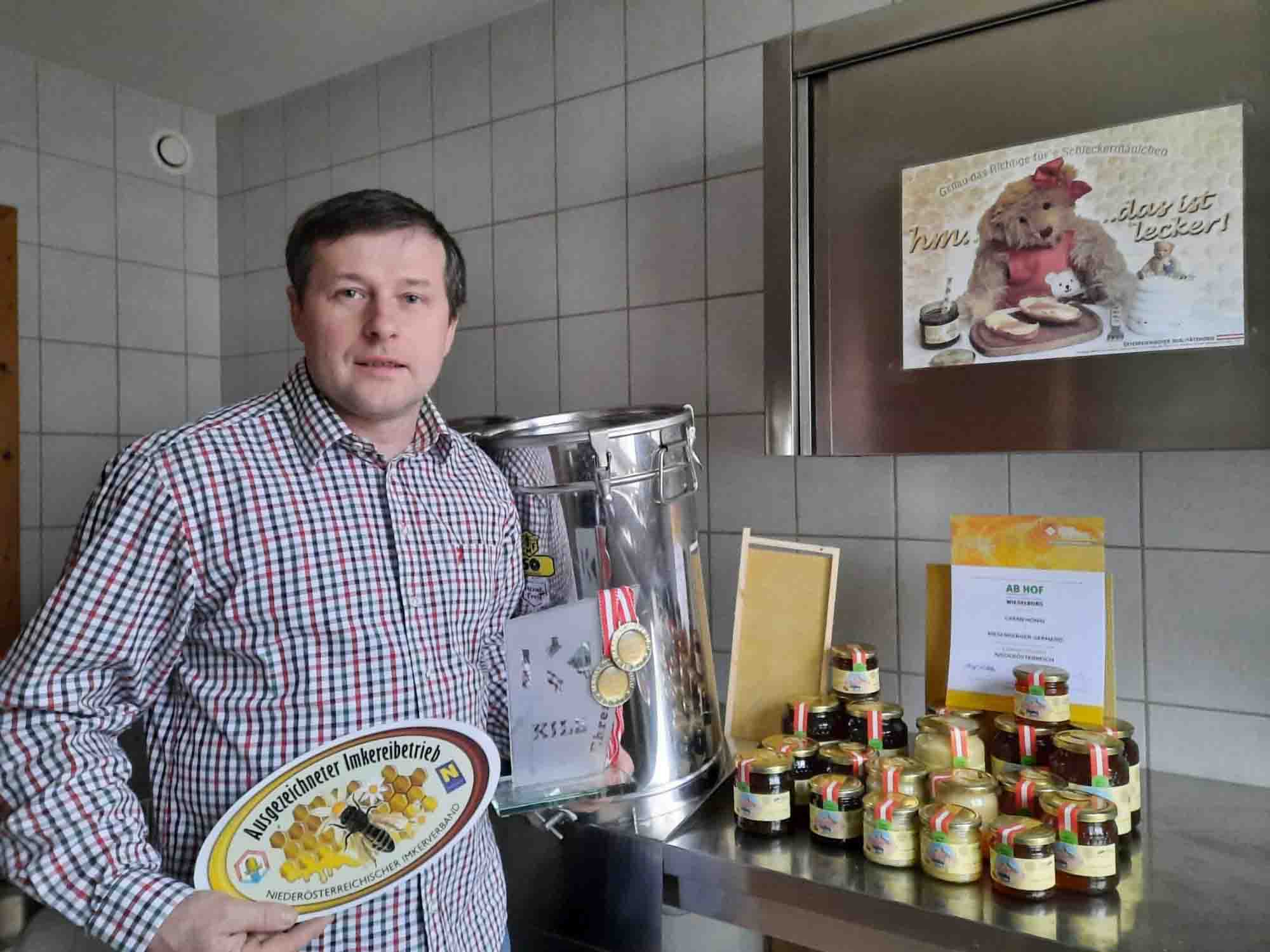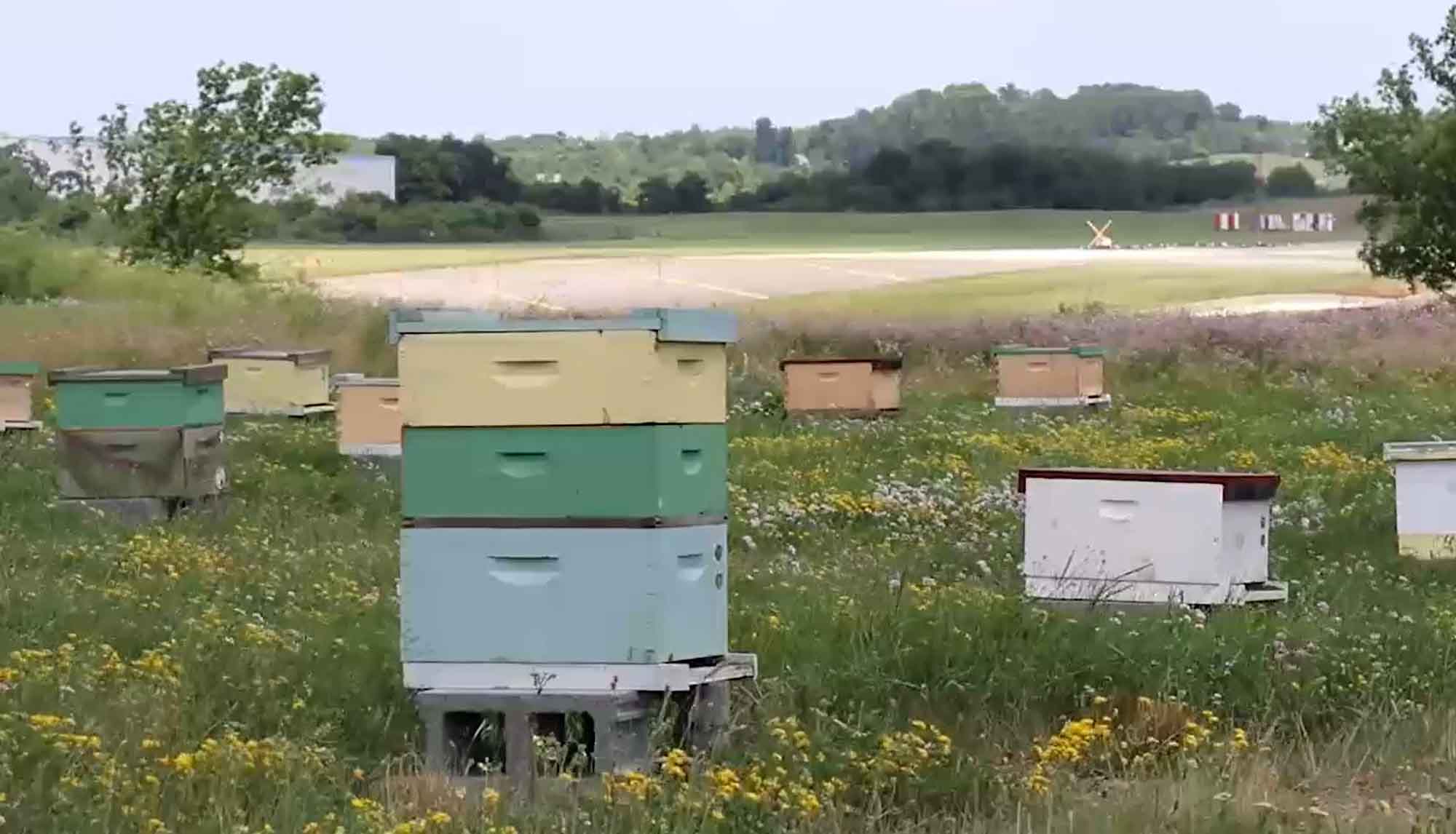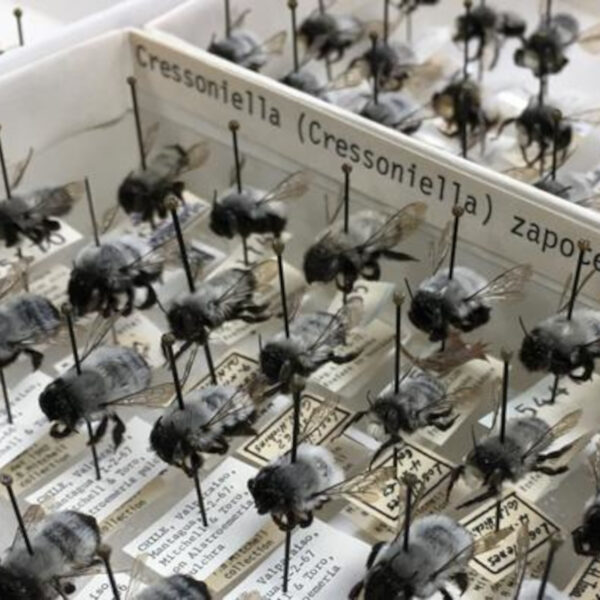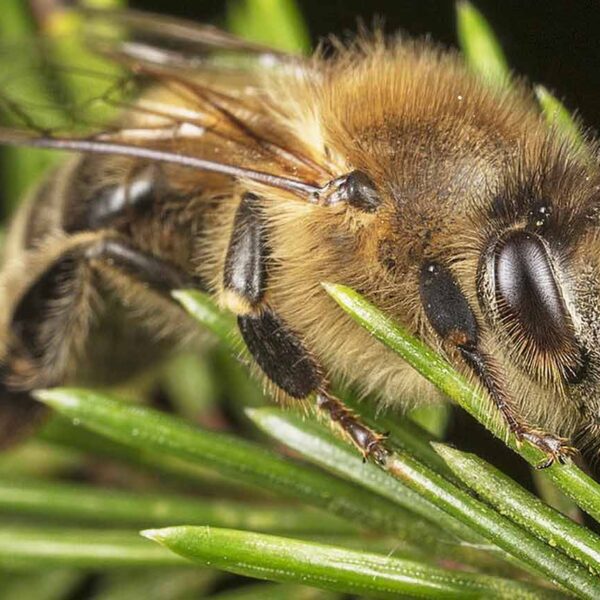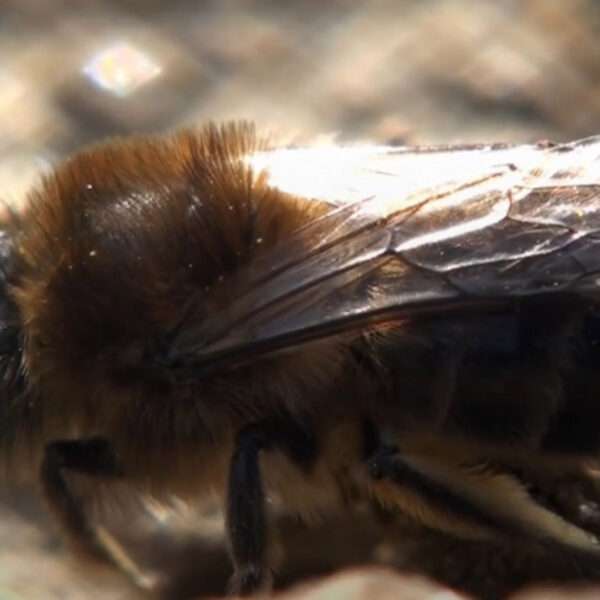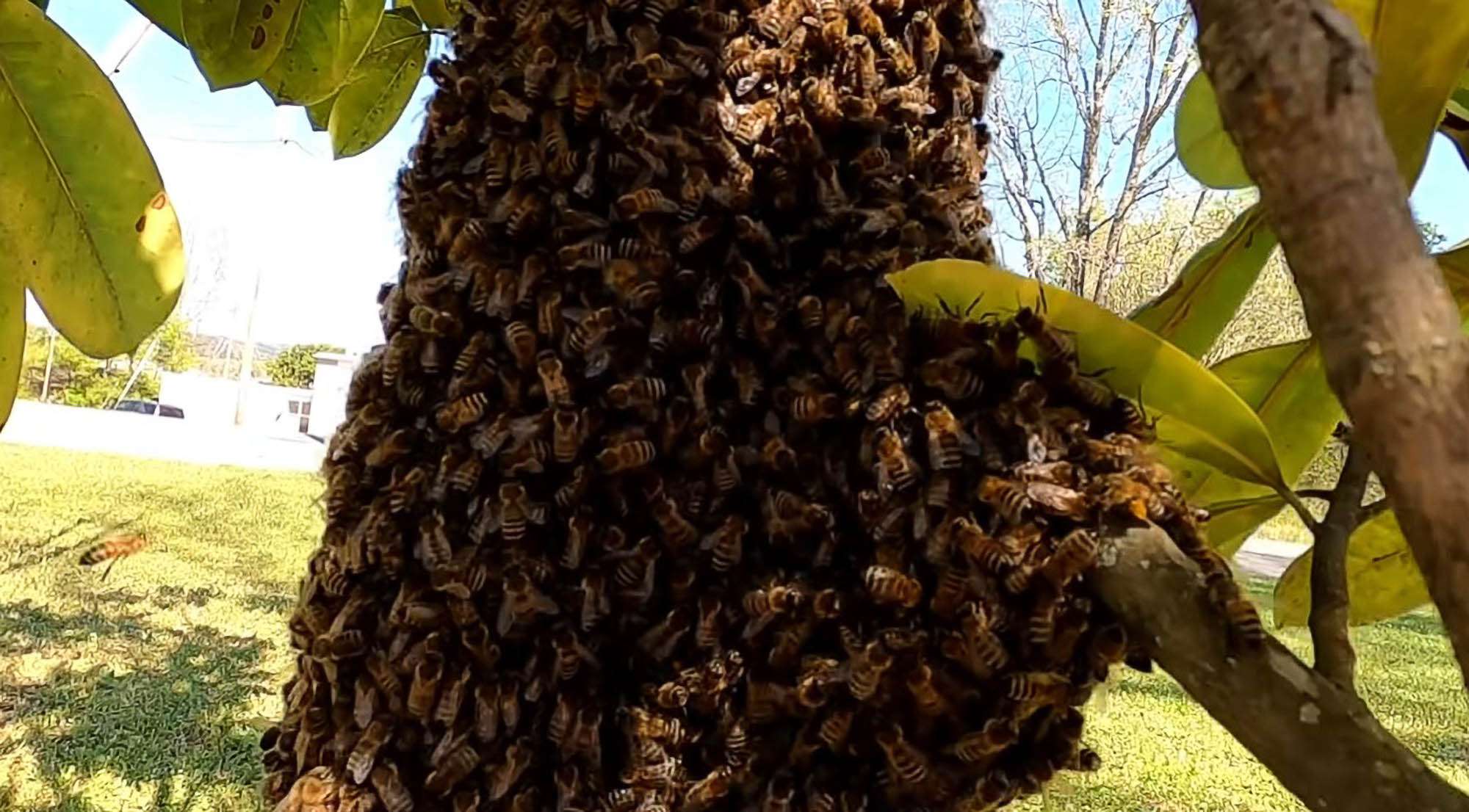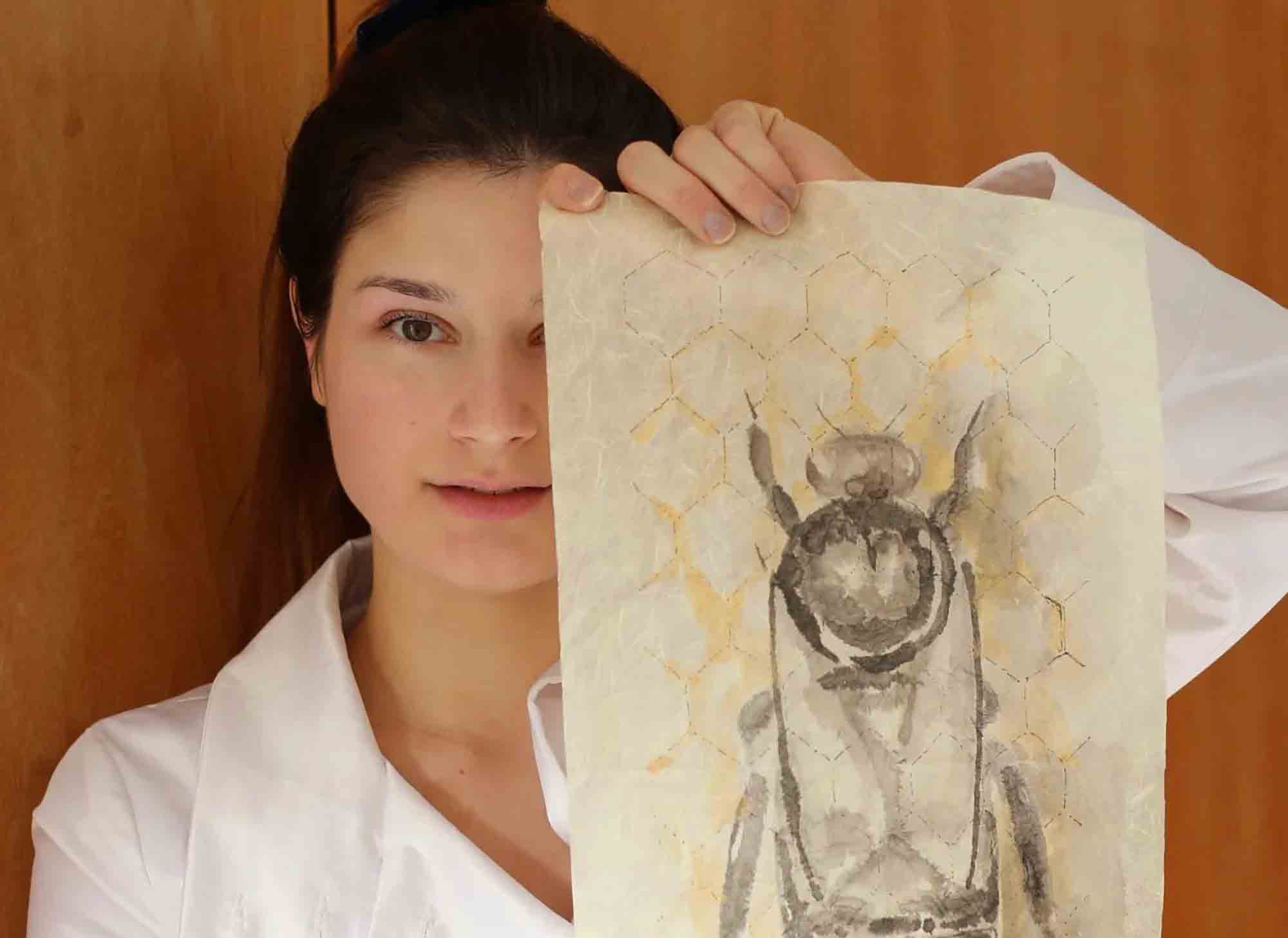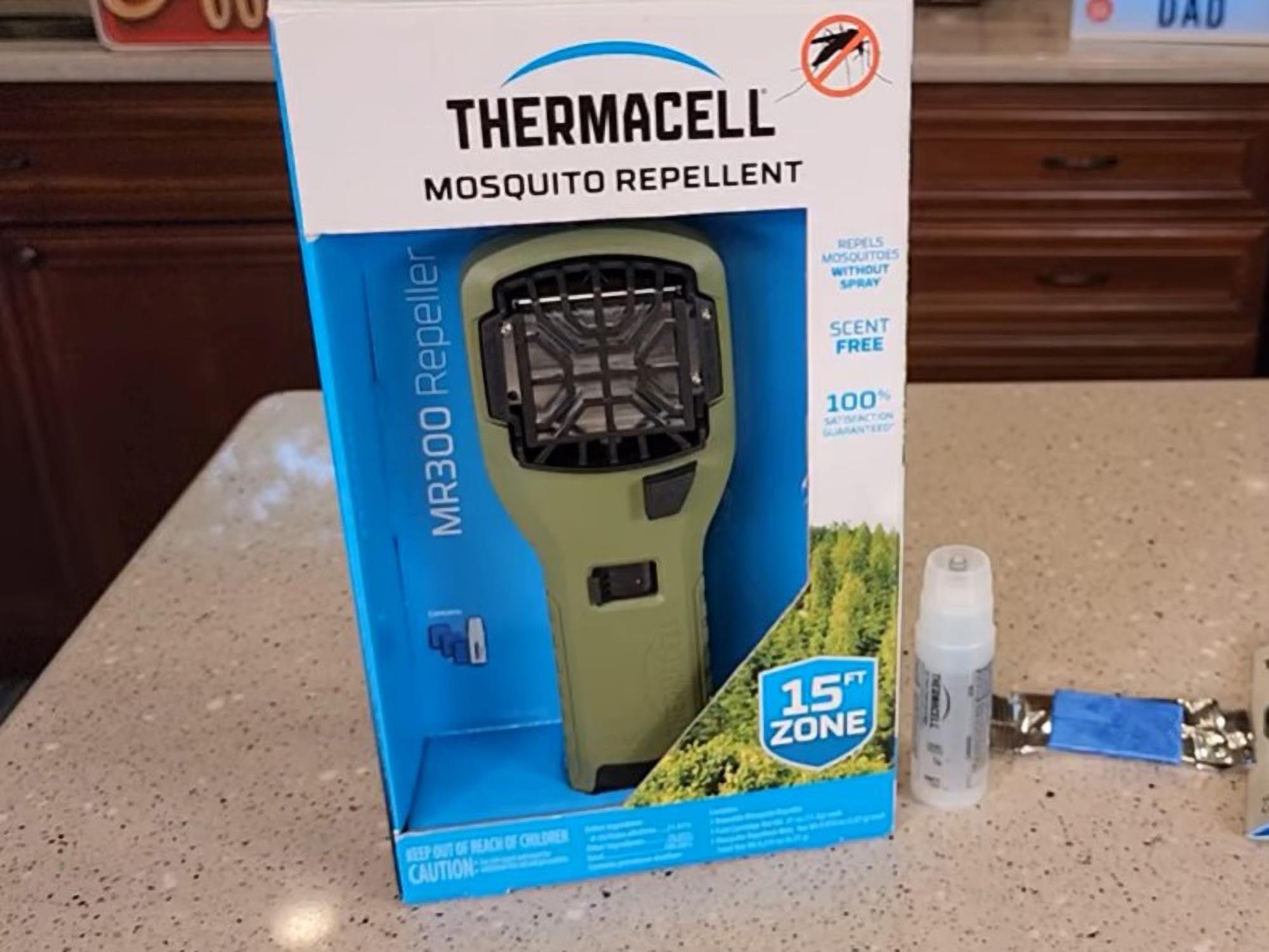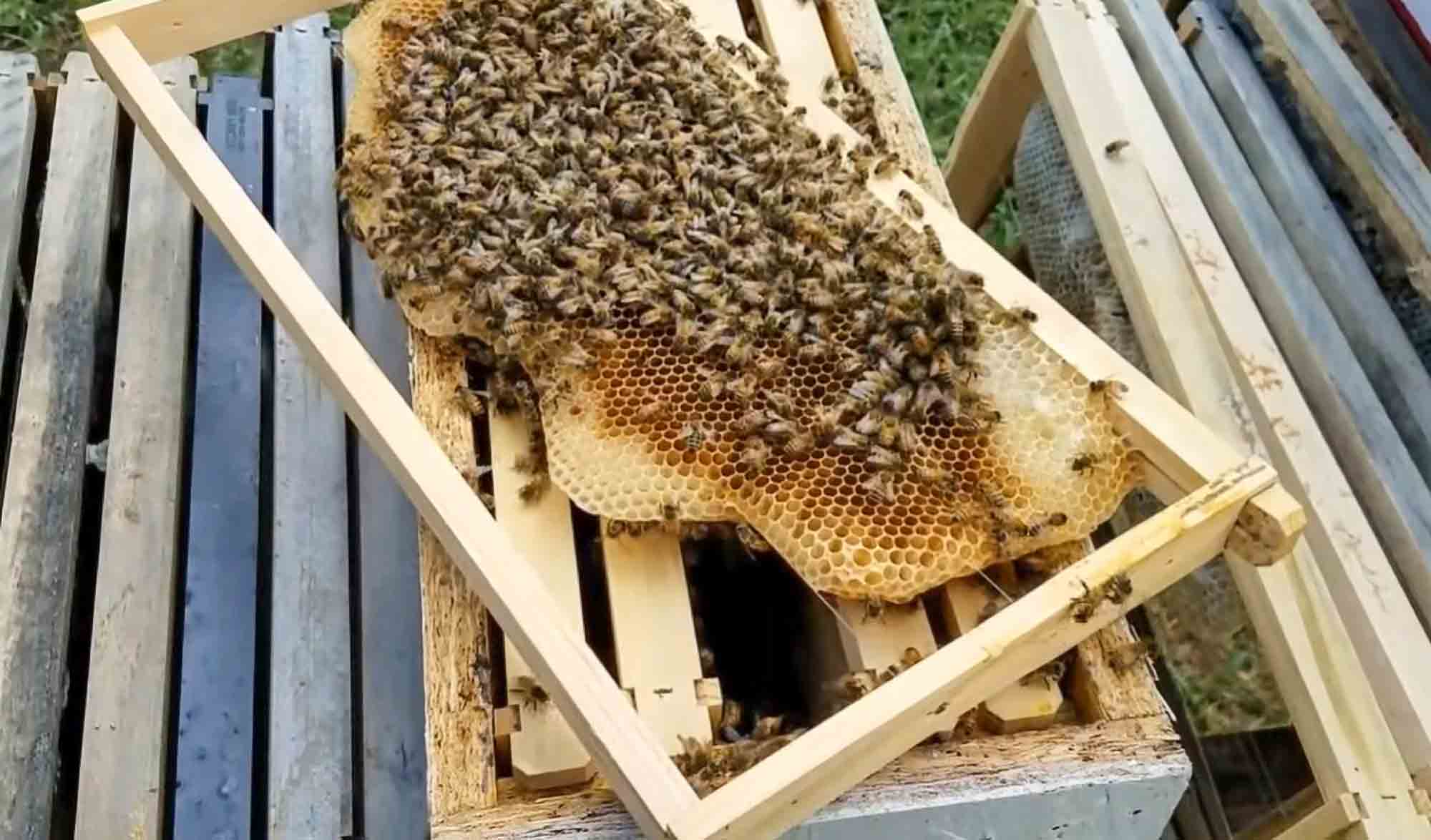Officials in Spain have decided to invest a six-figure sum into a project aimed at boosting a native bee they consider under threat due to “worrying” developments.
The Ministry for Agriculture and Nutrition announced it would inject EUR 250,000 (GBP 219,000) into a new queen-breeding initiative on the Balearic Islands in support of the Spanish bee (Apis mellifera iberiensis).
Georgina Brunet heads the Palma-based Institute for Research and Training in Agri-Food and Fisheries of the Balearic Islands (IRFAP) which has been assigned to orchestrate the programme.
She said: “We are worried about the hybridisation caused by the cross-breeding between the native species with bees which originate from somewhere else.”
According to Georgina, the hybrids are endangering the existence of the Spanish bee, a subspecies of the western honeybee (Apis mellifera).
She explained: “They put the Spanish bee at risk. The native species is better adapted to the conditions here than any other type of bees.”
Experts at the ministry and IRFAP hope that the four-year queen-rearing plan – under which Balearic beekeepers will receive queen bees – would increase local colonies’ productivity and health.
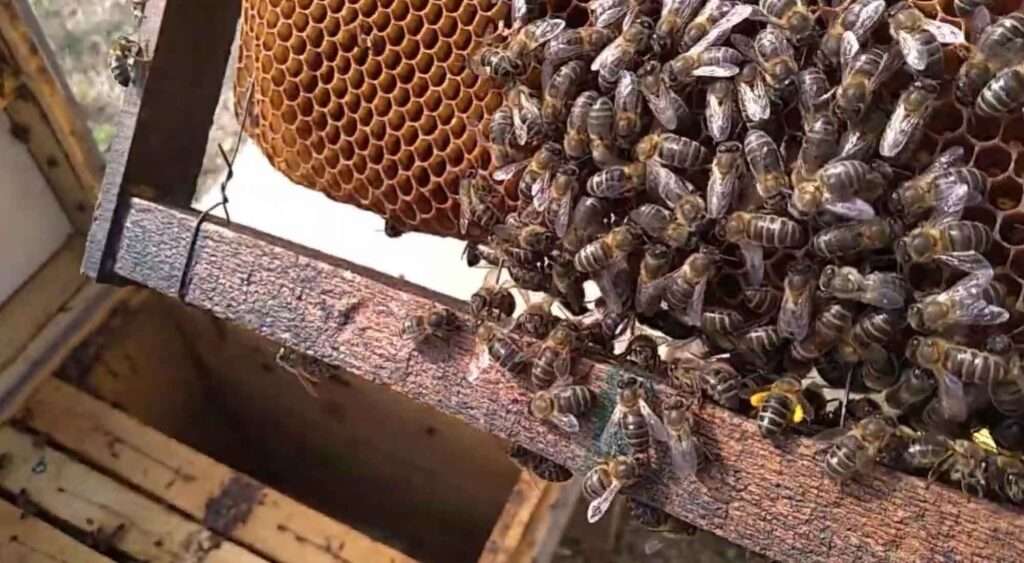
Georgina called the local bee population “a genetic value worth fighting for” and “an important source of biodiversity.”
Referring to the process of hybridisation, the IRFAP chief claimed: “It’s a relatively new phenomenon. We still have time.”
Jennifer Yanko is a beekeeper and queen-rearing expert at Central Honey in Ashhurst, New Zealand.
She called the Balearic project “amazing news.”
Jennifer told NewsX: “Humans have come to value commercialised Apis mellifera above native sub-species. The reality is, native and endemic bees are well adapted to their environment and are far more valuable to local ecosystems.”
She underlined: “When we hear ‘save the bees,’ these are the projects that need to be promoted, the everyday commercial honey bee doesn’t need our attention.”
The Balearic Islands are an autonomous community. Its four largest islands are Mallorca, Menorca, Ibiza and Formentera.
Spain is Europe’s leading producer of honey. The country’s beekeepers are managing almost three million hives, according to the European Commission.

